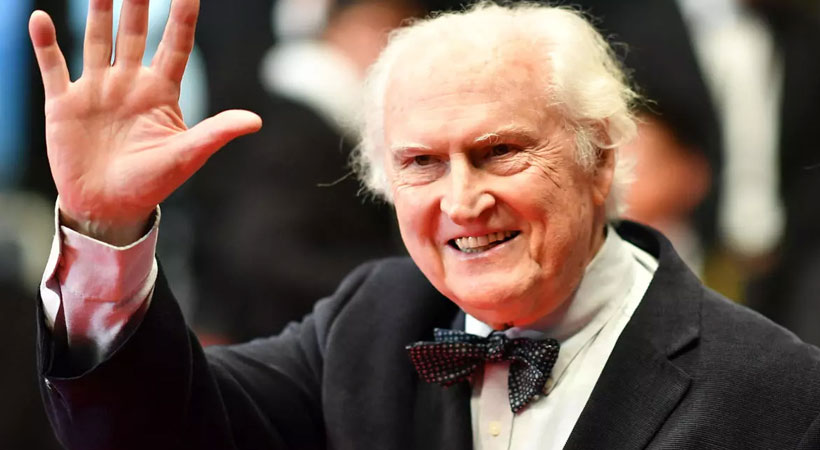The film world has lost many of its luminaries this year; Fernando Pino Solanas, the Argentinian film director, screenwriter and politician, is the latest one among them.
Solanas has succumbed to death in Paris, at the age of 84, due to COVID-19. He was serving as Argentina’s Ambassador to UNESCO in the French capital. Solanas debuted in the film world through his 1962 short film SeguirAndando. His 1967 three-part documentary La hora de loshornos (The Hour of the Furnaces) co-directed with Octavio Getino, marked a new phase in third world cinema. It was lauded for its political commitment and aesthetics of anti-authoritarianism and dictatorship and bagged several international awards, including the British Film Institute award for the best foreign film.
Solanas was the founder of Grupo Cine Liberación (The Liberation Film Group), which infused strong political convictions against neocolonialism and authoritarianism. It slowly became part of the larger Third Cinema movement that emerged in the Latin American countries. Faced with stringent censorship regulations, Solanas struggled hard to make movies.
As a filmmaker who believed in films’ liberatory potential, he upheld truth over the mass formulas of mainstream films. He gained fame for his 1971 interview with Juan Domingo Perón titled ‘Perón: Political and doctrinal update for the seizure of power.’ He made more than 20 films, and his 2004 documentary Memoria del saqueo explored the 25-year history of Argentina’s precarious social and economic situation. In 2004, he was awarded the Golden Bear at the Berlin International Film Festival. Solanas was a voracious critic of imperialism and authoritarianism. He held a desire for change in politics for the best outcomes. Solanas strongly advocated for legalising abortion rights in Argentina and visited Pope Francis last month to discuss joint efforts to tackle climate change. He accepted the offer of Ambassadorship due to his penchant for contribution to the global organization’s cultural sphere. And he left with unfinished dreams of political change.



















